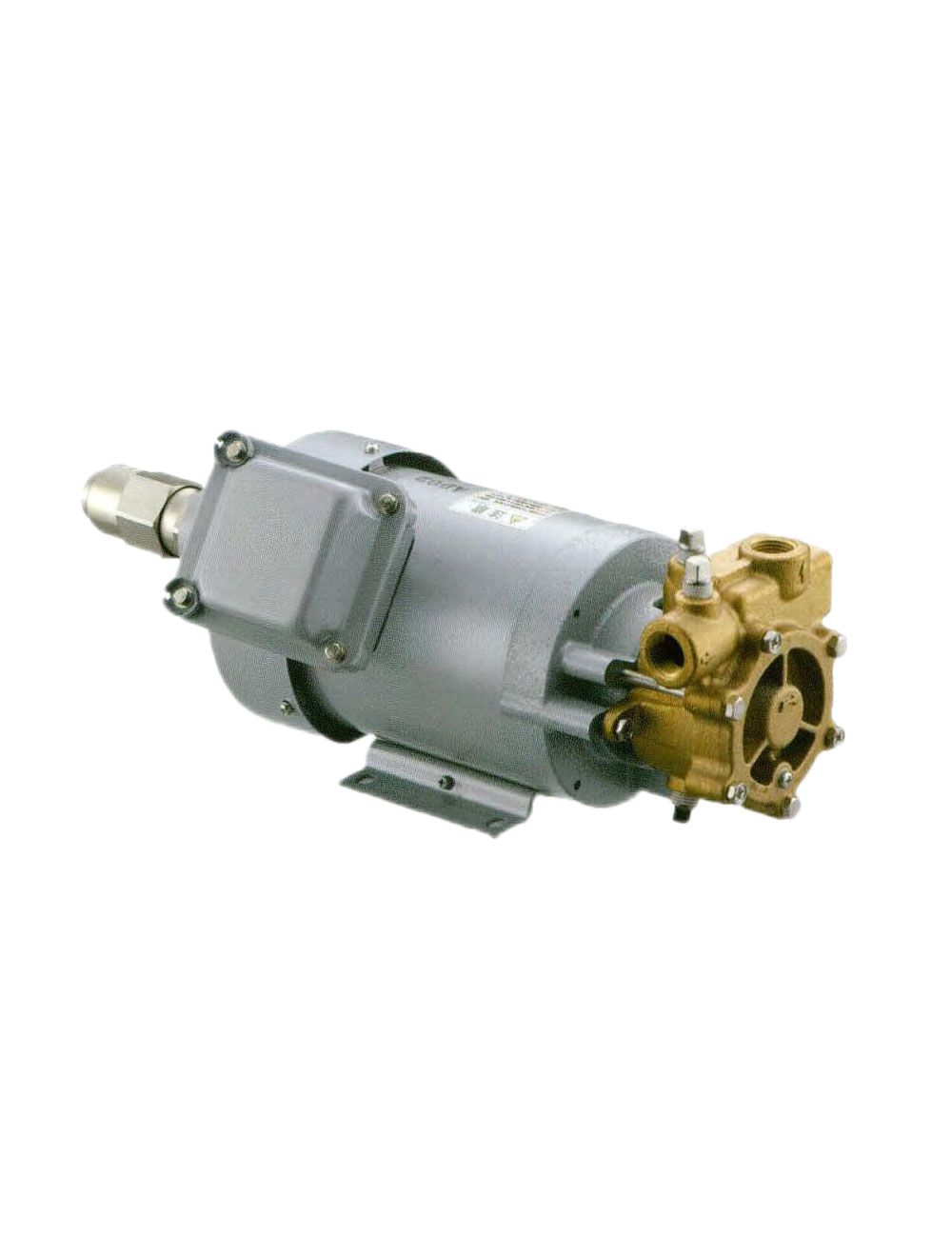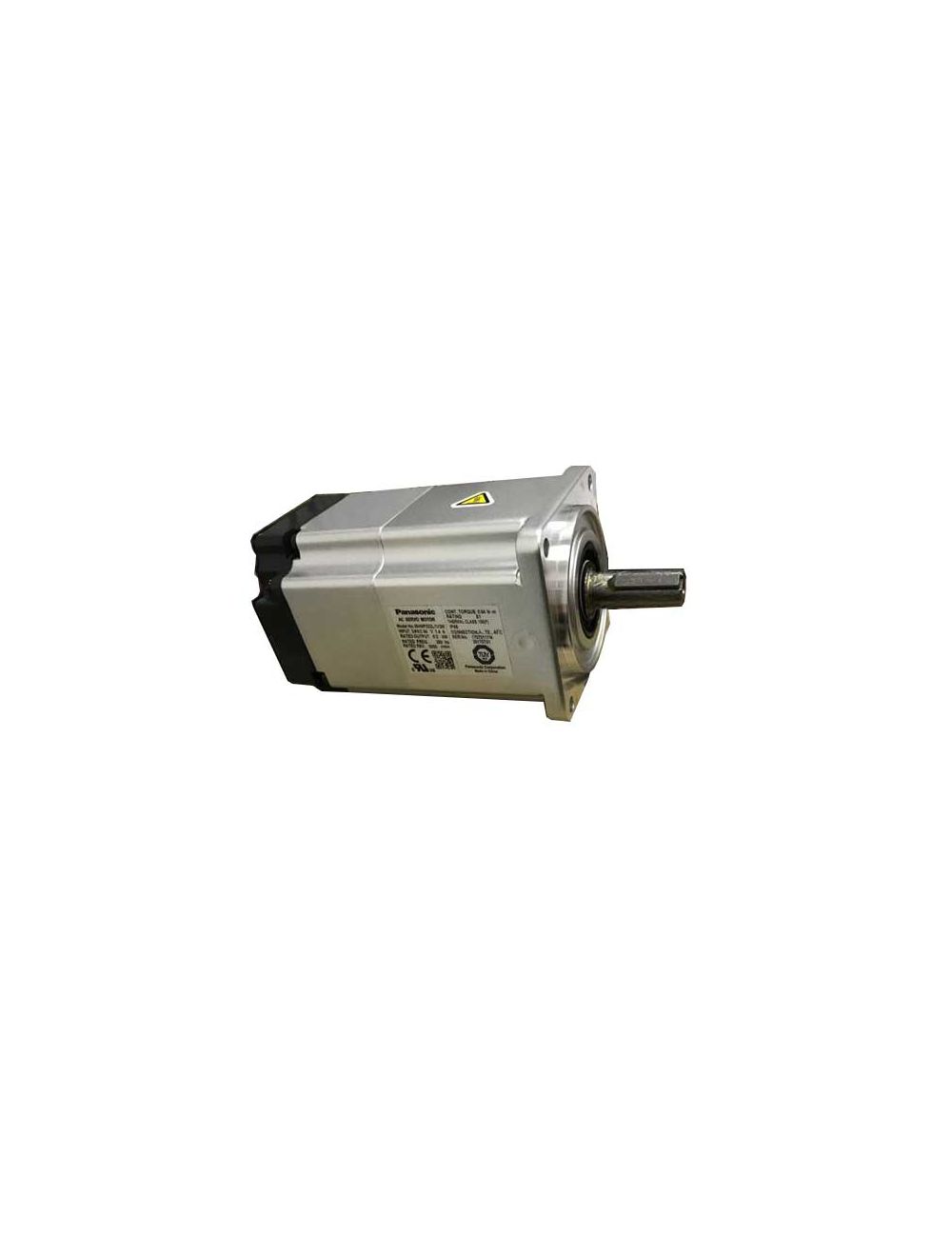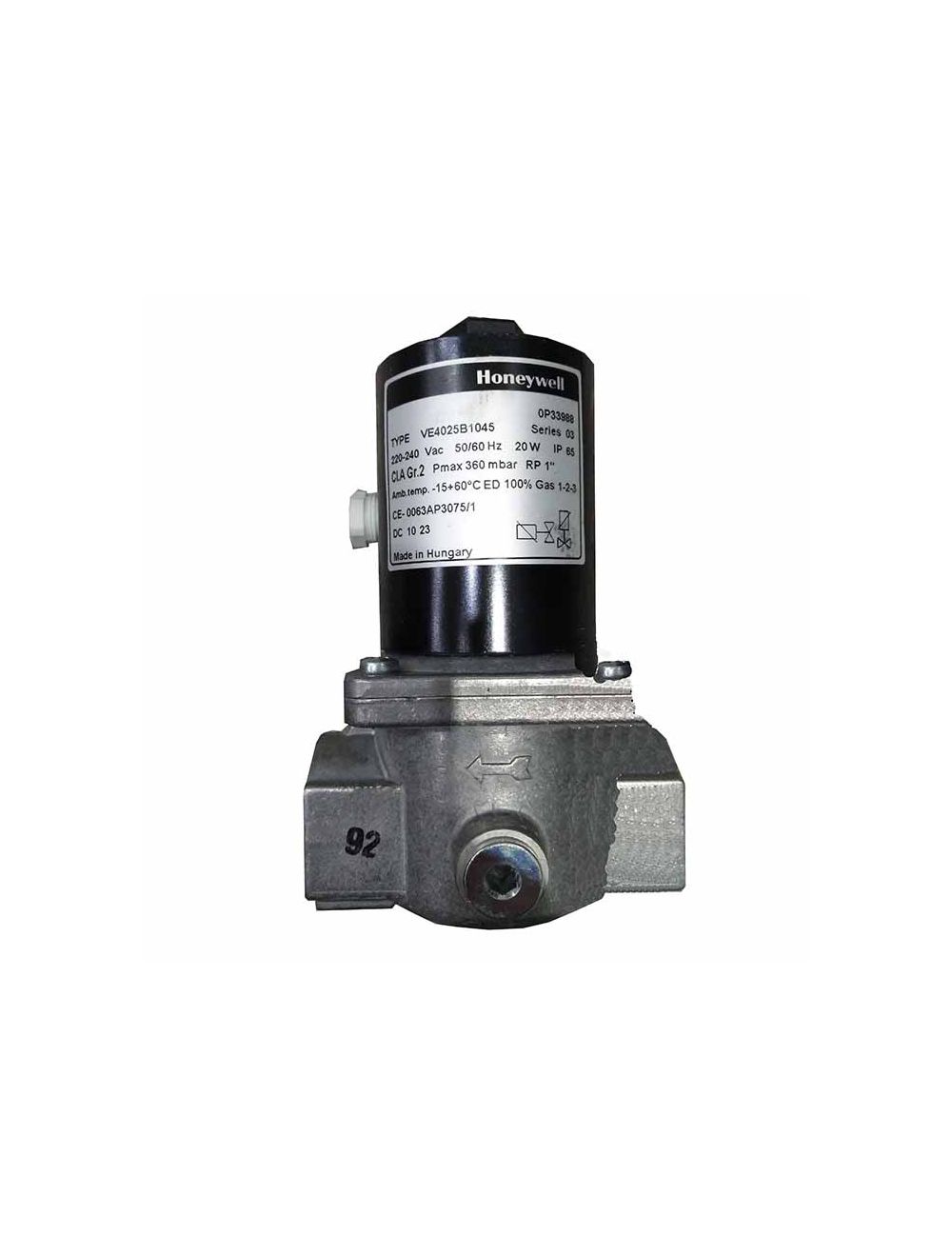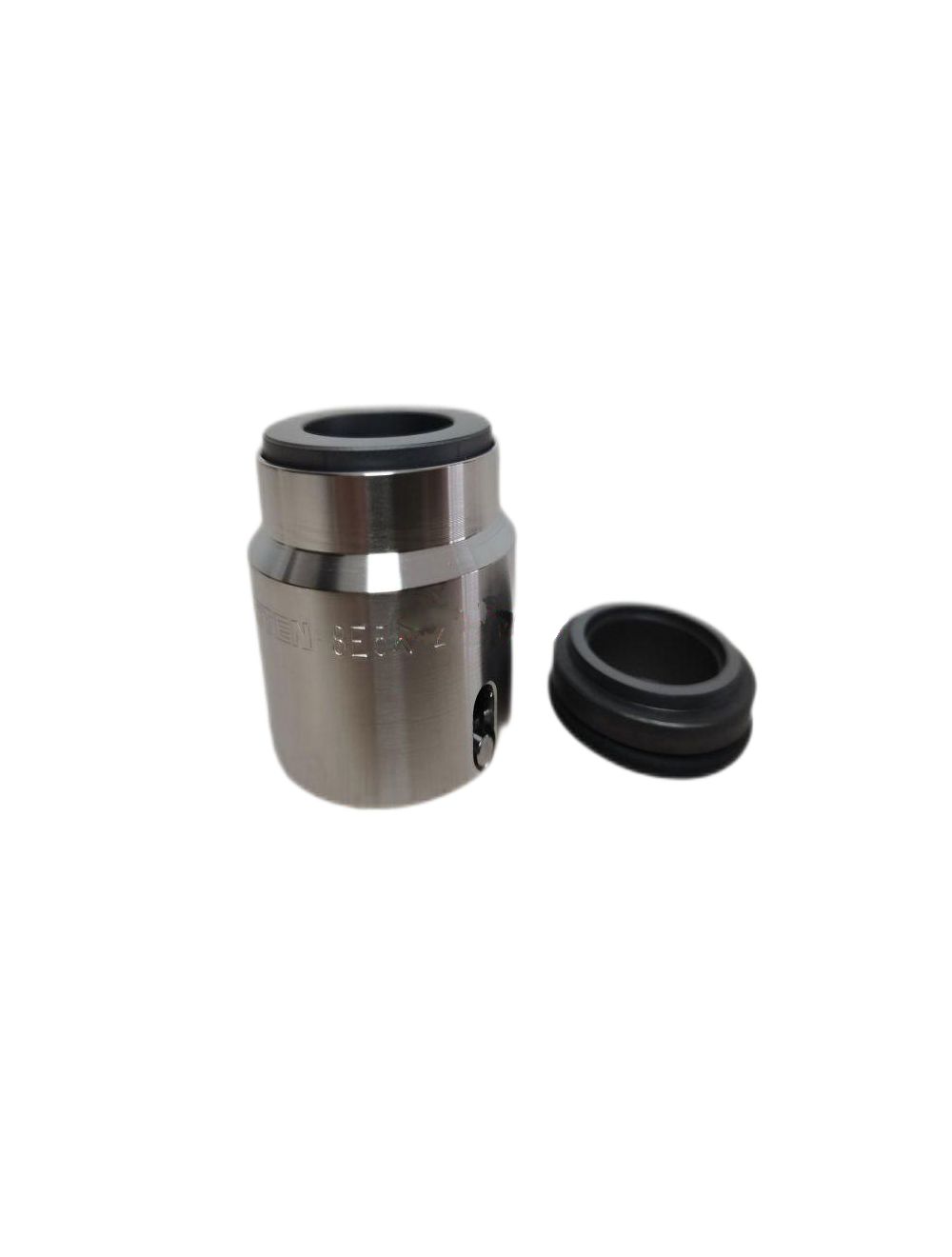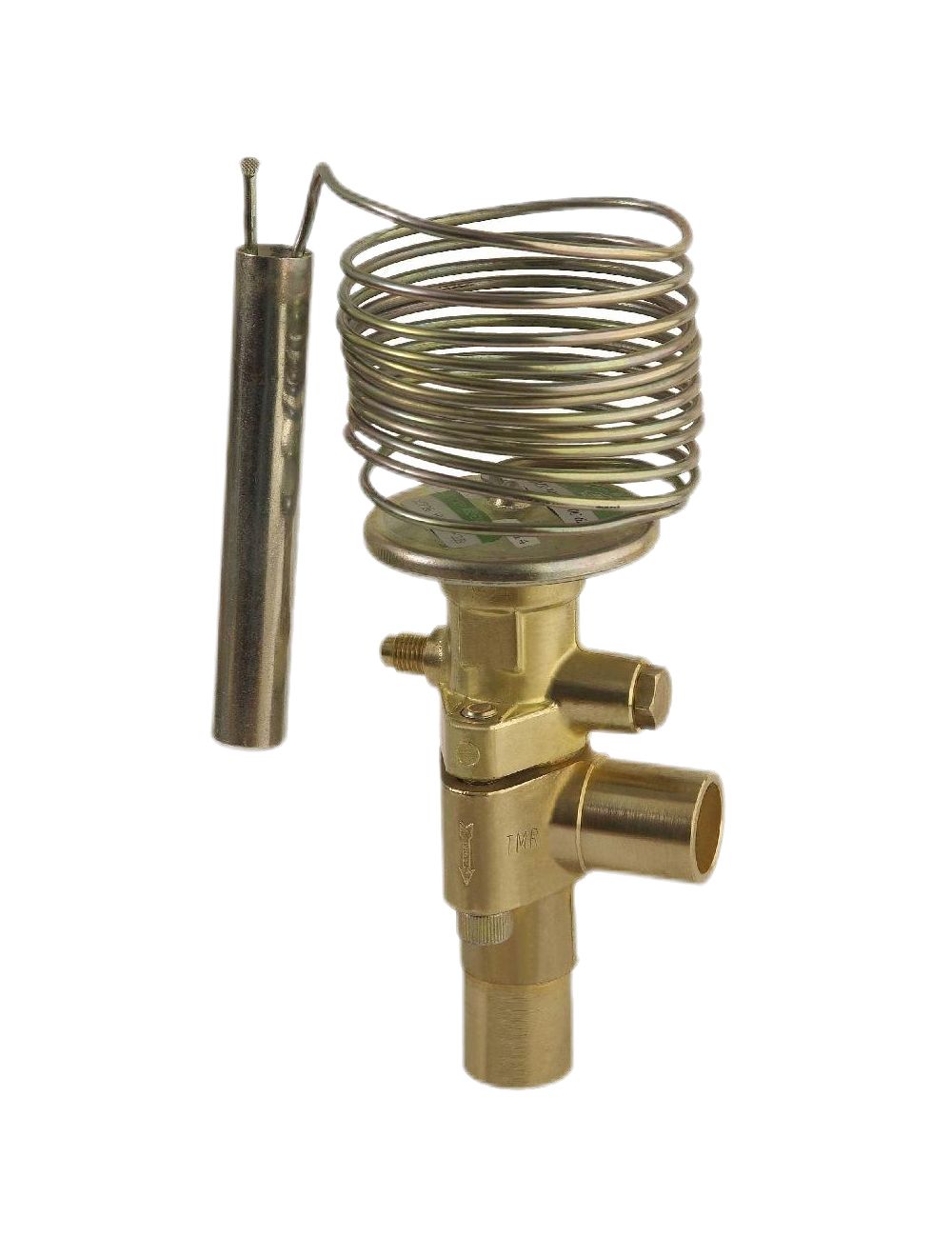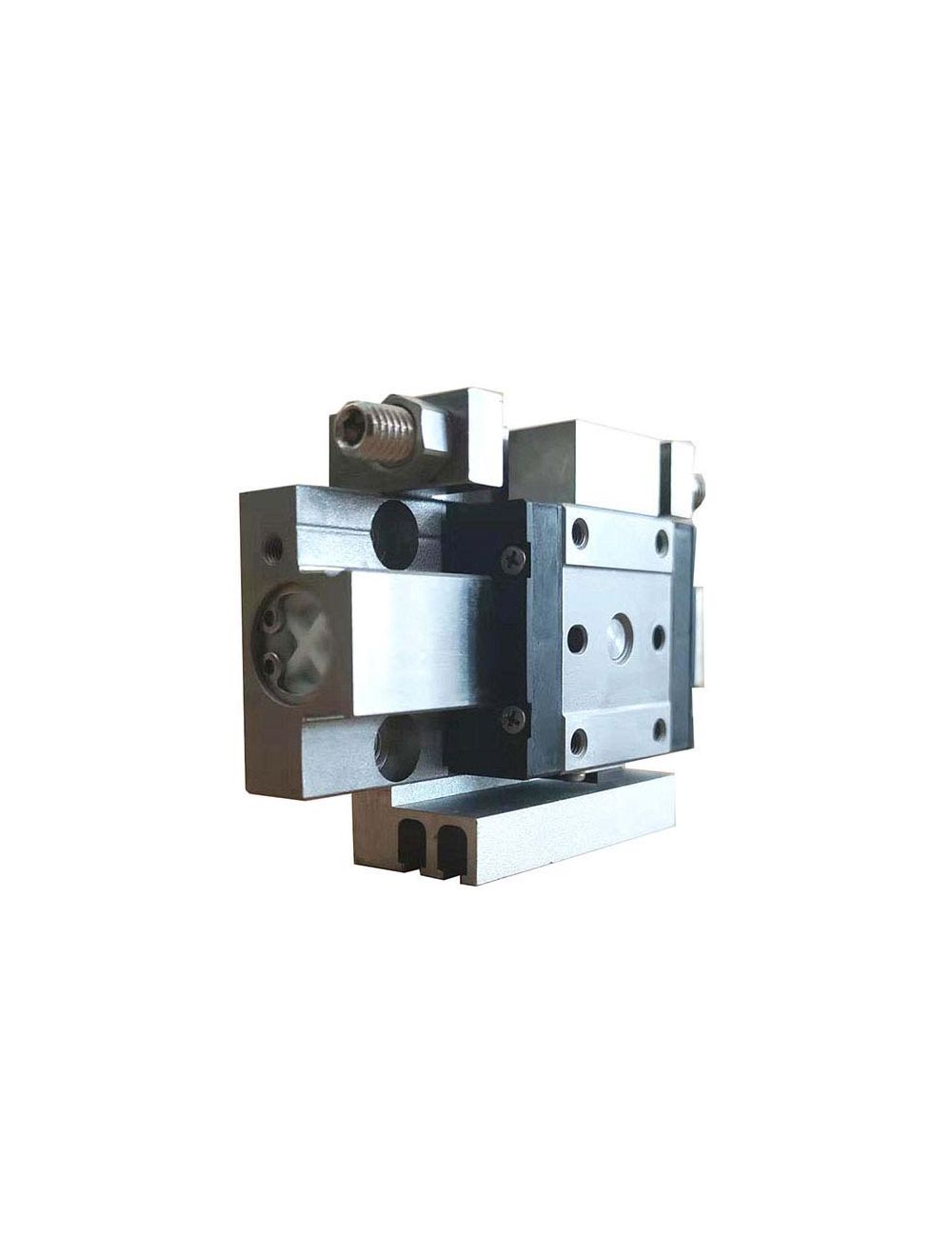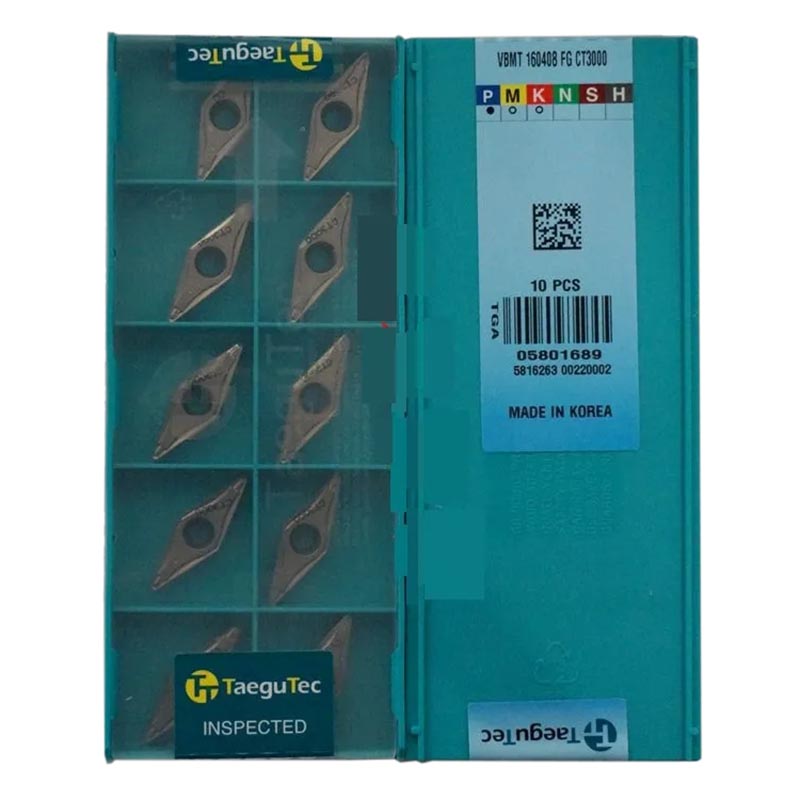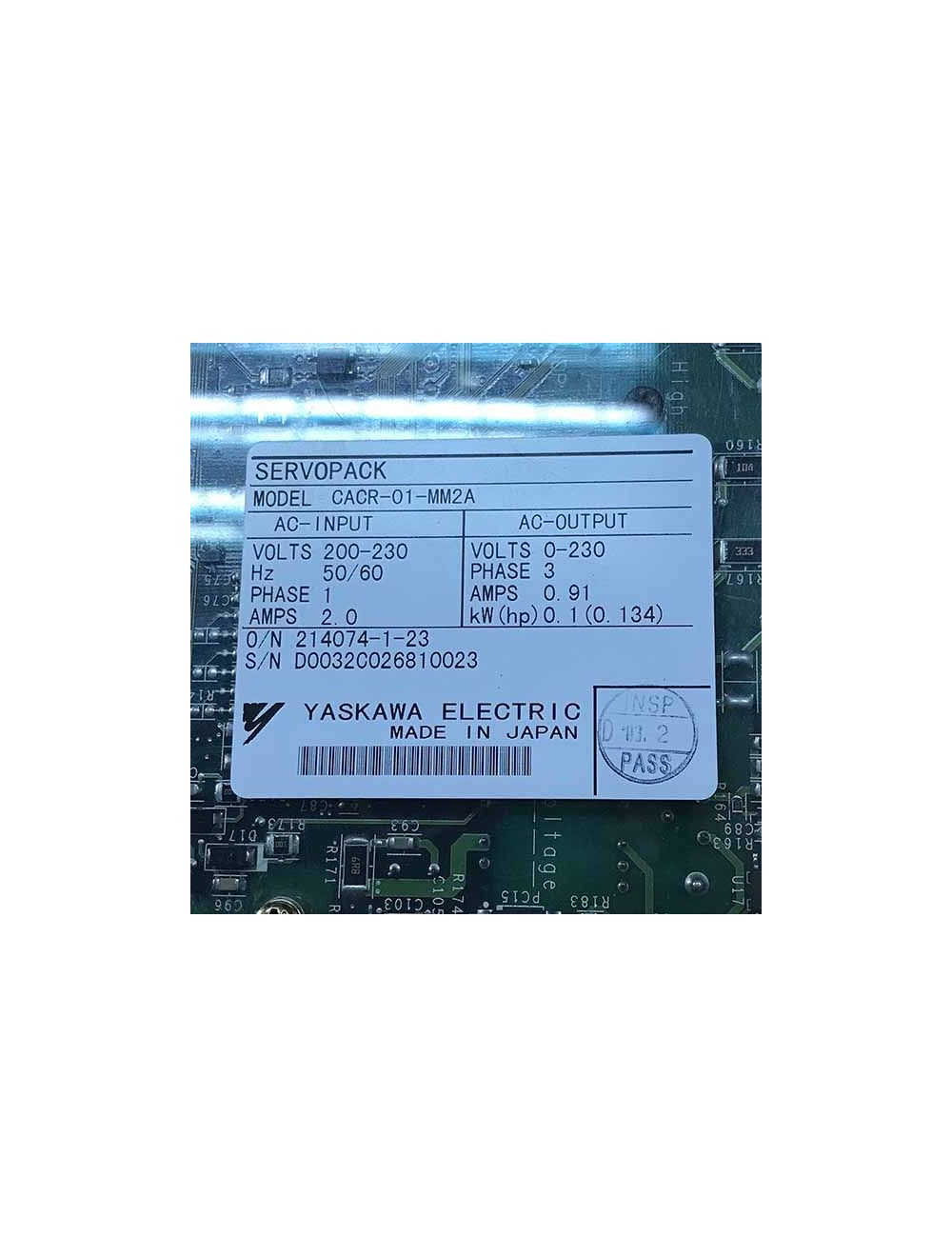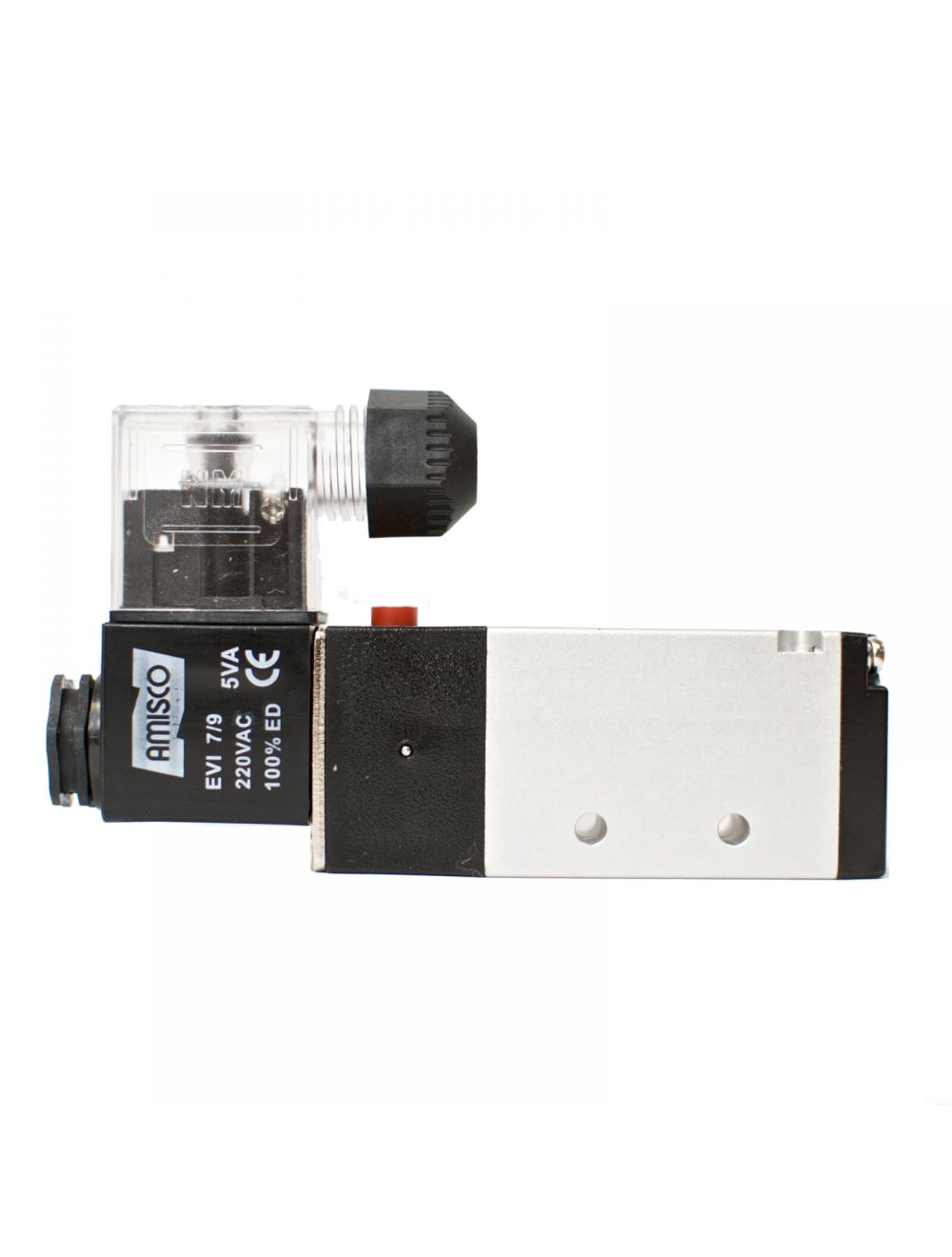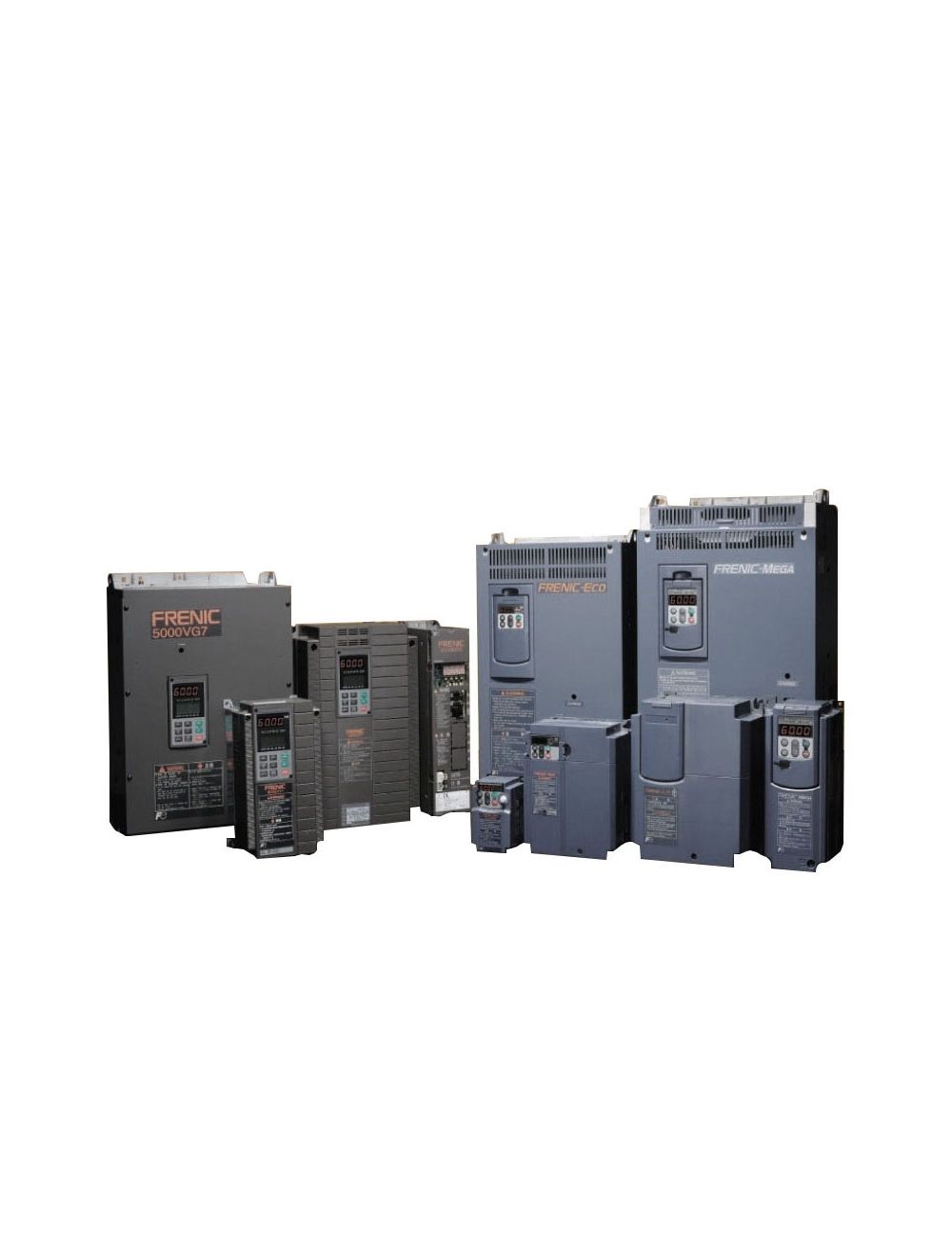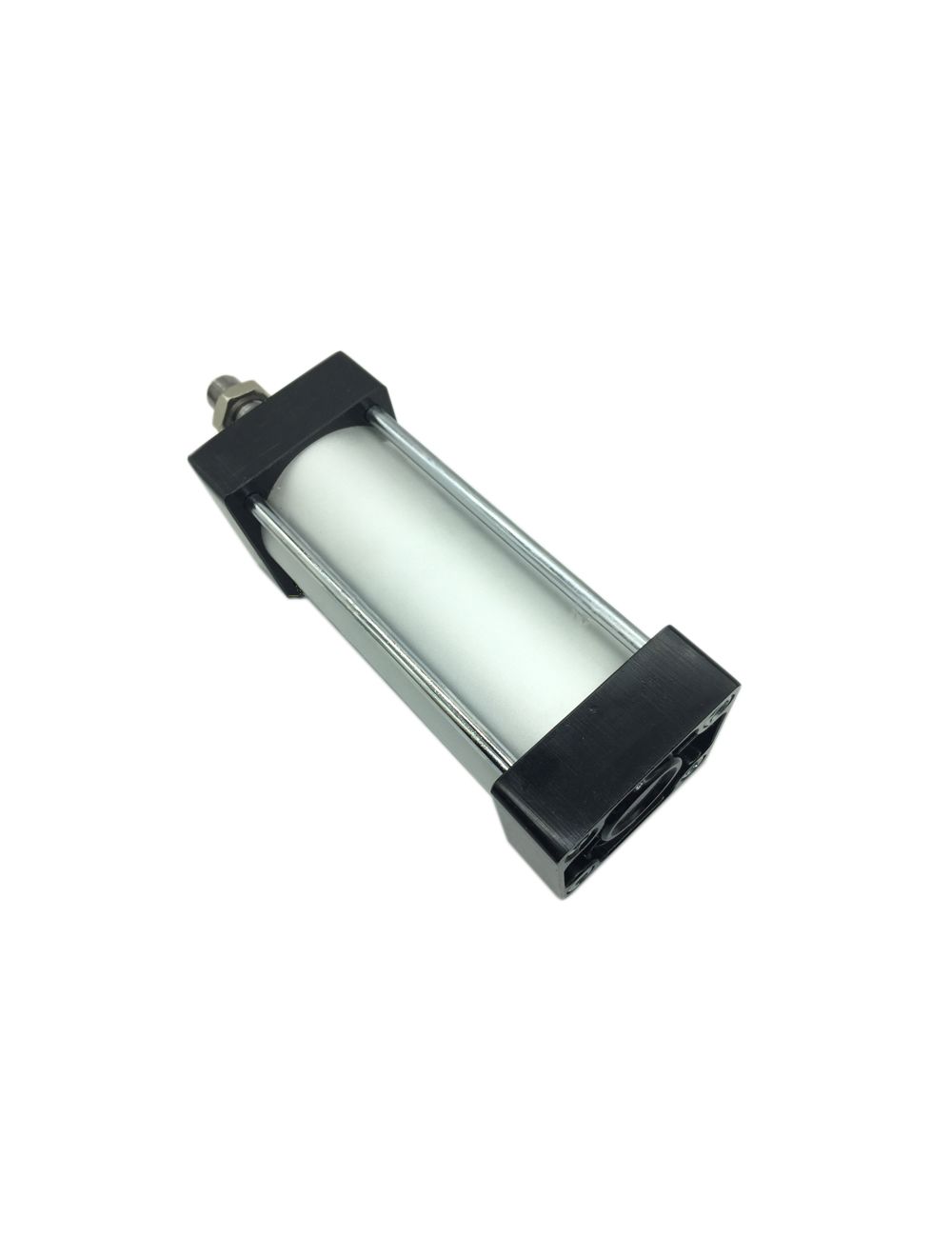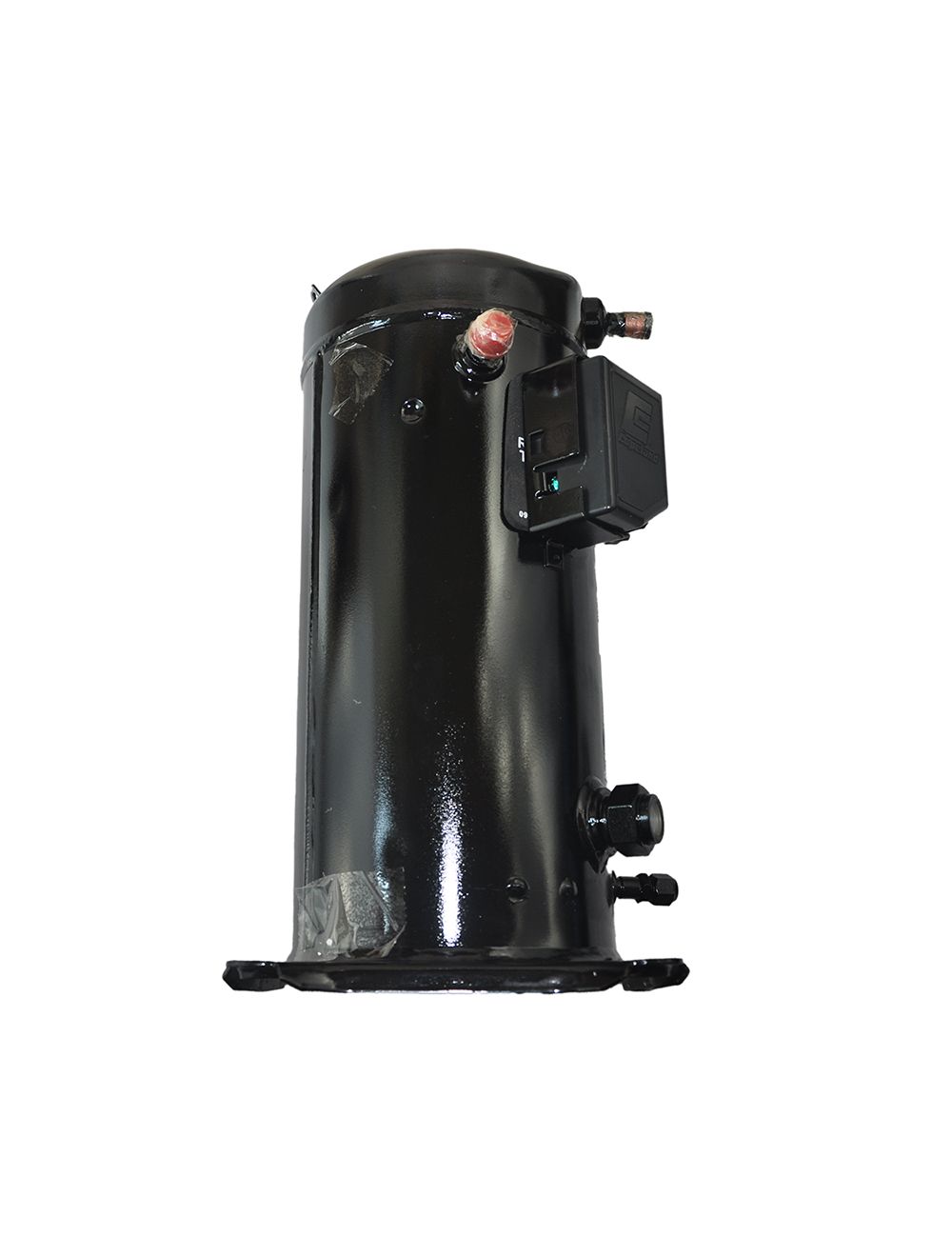What is the difference between air-cooled heat pump units and water-cooled heat pump units
Some people have never figured out what is the difference between air cooling and water cooling? The following compares the working principles, performance advantages and disadvantages, and industry application characteristics of air-cooled heat pump units and water-cooled heat pump units to give everyone a comprehensive understanding.
The host produces air-conditioning cold (hot) water, which is delivered to each terminal device in the room by the pipeline system, where the cold (hot) water and indoor air exchange heat at the terminal device, thereby eliminating the cold (heat) load of the room air conditioner and achieving The purpose of cooling and heating. Generally divided into air-cooled refrigeration and air-conditioning systems and water-cooled refrigeration and air-conditioning systems.

The difference between air-cooled heat pump unit and water-cooled heat pump unit
The chiller unit is a heating and cooling type air conditioner, which exchanges heat with the outside air through the air conditioner. It is generally a Freon chiller, and there are also air-cooled modular water chillers. Generally speaking, water-cooled units are screw water units, single-cooled type, and rely on cooling towers to provide cooling water to cool the units. They are generally water units with high energy efficiency. The selection of different models depends on the size and purpose of the building. Air-cooled unit: use wind (air) to exchange heat, take away and absorb heat, to produce cold water and hot water
Water-cooled unit: Use water to cool and take away heat to produce cold water.
Economic and technical comparison between air-cooled heat pump units and water-cooled heat pump units
The initial investment of air-cooled units is slightly higher than that of water-cooled units, and the unit cooling power consumption is also slightly higher than that of water-cooled units. However, the annual comprehensive cost of air-cooled units is basically the same as or slightly lower than that of water-cooled units. The longer the annual operating time of the chiller is, the more beneficial it is for the air-cooled unit, and the initial investment payback period of the air-cooled unit is shorter than that of the water-cooled unit. Water-cooled unit water-cooled unit water-cooled unit water-cooled unit water-cooled unit cooling water make up water is an important factor affecting its cost. Strengthening maintenance management and reducing water consumption are important aspects of reducing the cost of water-cooled units. Air-cooled units are suitable for small and medium-sized systems where water sources are tight; the longer the annual operating hours, the more advantageous it is to use air-cooled refrigeration units; the annual overall cost of air-cooled refrigeration units is lower than that of water-cooled systems, but water-cooled systems If managed properly and the water supplement is controlled below 3%, the initial investment of air-cooled refrigeration units compared to water-cooled refrigeration units will be difficult to recover. HVAC-Air Conditioning-Online
Unit characteristics
Features of water-cooled heat pump unit:
1. Wide application range and low cost.
Second, the technology is mature, and it is also the most widely used air conditioning system.
3. The cold and heat sources are generally set up centrally, which is convenient for operation and maintenance management.
Fourth, the summer cooling efficiency is relatively high, and the energy efficiency ratio is high.
5: The initial investment is relatively low, and the non-insulated water pipe system greatly reduces the material cost.
Six: The number of noise sources is lower than that of air-cooled units.
Seven. The requirements for the computer room are not high, just meet the general ventilation requirements. 8. The service life of the unit is much longer than that of the air-cooled unit.
Nine, the volume is relatively small and the floor space is small.
Features of air-cooled heat pump unit:
One, save water resources, environmental protection, high equipment utilization.
2. Installed outdoors, such as on roofs, balconies, etc., without the need to build a dedicated machine room, which does not occupy effective building area and saves civil investment.
3. Cooling in summer and heating in winter, eliminating the need for a boiler room, which is beneficial to project construction and landscape design.
Fourth, the cooling water system and cooling tower, cooling water pump, pipe network and its water treatment equipment are omitted, which saves this part of investment and operating costs.
5. Heating and saving electricity in winter. Heat pump heating saves about two-thirds of electricity compared to direct heating.
6. There are many types of heat pumps, and low-noise heat pumps are used, which have relatively little impact on the surrounding environment.
Seven, safety protection and automatic control are installed in one body at the same time, which is reliable in operation and convenient in installation and use.
8. The longer the running time, the more advantageous it is, and the maintenance cost is lower.
The choice of unit application:
With the large-scale construction of large public buildings, centralized central air-conditioning systems have become more and more widely used. However, due to the requirements of many factors such as the building form and the environment in which it is located, the requirements and restrictions on the form of the air-conditioning system and the equipment of the building are also more and more. Currently, there are generally two systems to choose from: air-cooled units and water-cooled units. For the design of the central air-conditioning system of large buildings, there is no fixed special model. It needs to be comprehensively considered in light of the objective conditions at the time. No matter what form of equipment is used, it must actively cooperate with buildings, structures and other related electromechanical professions. As a professional design, z* mainly combines the actual situation of the project, comprehensively considers various factors, and meets the principles of achieving z* best use and economy under the premise of ensuring technical feasibility, safety and reliability, and realizing the wishes of investors .
Water-cooled units and air-cooled units have their own characteristics, and should be selected according to different use environments, space, and cooling capacity of the required units, and different cities and regions. The larger the building, the water-cooled unit will be given priority, and the smaller the building, the air-cooled unit will be selected.
Air-cooled units are mainly used in dry and water-deficient areas. The advantage is that it saves room area and is easy to install. Compared with water-cooled units, its operating conditions are unstable due to environmental temperature, and water-cooled units are mainly used in areas with relatively sufficient water sources. , Its operation is stable, but due to the problem of cooling water antifreeze, it is more troublesome in winter. Due to the simple use of cooling towers, the north can not heat in winter. Water source or ground source heat pump system is required. The cooling and heating effect is better, which is the best current z* Choose, the use of heat pump heating in the north of the air-cooled machine has certain difficulties, and it needs electric auxiliary heating water device to complete it.
In the actual air-conditioning and refrigeration engineering design, the selection of air-cooled units and water-cooled units can be considered and decided in the following ways:
1. In areas with strict restrictions on the use of water resources, there is no doubt that air-cooled units should be mainly considered for the design of the refrigeration system. The building structure needs to be considered in cooperation with the ventilation section and the bearing capacity of the machine room floor to ensure that it meets the requirements as much as possible. The ventilation and heat exchange conditions of the unit are required.
2. If the building has no outdoor cooling tower or is not allowed to be installed due to the requirements of the architectural design form or the objective environment where the building is located, the design of the central air-conditioning system needs to be coordinated with the building and structure to consider air cooling The design of the unit refrigeration system, building and structure of the air-conditioning main room should focus on the load-bearing and meeting the requirements of ventilation and heat exchange.
3. Without the aforementioned constraints, the main engine of the air-conditioning refrigeration system should consider using water-cooled units as much as possible. This design form and technical cooperation are very common and mature in the current engineering community.
Fourth, system combination design considerations. In some specific cases, it is a good design choice to use small-capacity air-cooled units as the auxiliary combination design of water-cooled unit systems.
5. Under normal circumstances, the load is large, the cooling capacity of the unit is large, or the area with abundant water sources uses water-cooled units.
Specific industry applications:
With its advantages of high efficiency, low noise, reasonable structure, simple operation, safe operation, convenient installation and maintenance, water-cooled units are widely used in the comfortable central air-conditioning system of public facilities such as exhibition halls, airports, stadiums, etc., and can meet the requirements of electronics, pharmaceuticals, Different use requirements of technological air-conditioning systems in industries such as biology, textile, chemical, metallurgy, electric power, and machinery.
In factory workshops, office buildings, shopping malls, hospitals, hotels, entertainment centers, villas, electronics industry, construction industry, food freezing, cold storage, power stations, plastic products, hardware, electronics, food preservation, laser engraving, vacuum coating, ultrasonic It is widely used in cleaning, plastic cooling, food preservation, bath heating and cooling, medical storage and other industries.
The main industrial applications of water-cooled units are as follows:
Plastic industry: accurately control the mold temperature of various plastics processing to ensure the stability of product quality and improve production efficiency.
Electronics industry: Stabilize the internal molecular structure of electronic components on the production line, improve the qualification rate of electronic components, and apply it to the ultrasonic cleaning industry to effectively prevent the volatilization and damage of expensive cleaning agents.
Electroplating industry: control the plating temperature, increase the density and smoothness of plating parts, shorten the plating cycle, increase production efficiency, and improve product quality.
Mechanical industry: control the oil temperature of the oil pressure system, stabilize the oil temperature and the oil pressure, extend the oil quality use time, improve the efficiency of mechanical lubrication, and reduce wear.
Construction industry: supply chilled water for concrete, make the molecular structure of concrete suitable for construction purposes, and effectively enhance the hardness and toughness of concrete.
Vacuum coating: control the temperature of the vacuum coating machine to ensure the high quality of the coated parts.
Food industry: used for high-speed cooling after food processing to adapt to packaging requirements. There is also control of the temperature of fermented food.
Chemical fiber industry: freeze-dry air to ensure product quality. The water-cooled unit is also used in CNC machine tools, coordinate boring machines, grinders, machining centers, modular machine tools, as well as various types of precision machine tool spindle lubrication and hydraulic system transmission medium cooling, which can accurately control the oil temperature, effectively reduce the thermal deformation of the machine tool, and improve the machine tool The processing accuracy.
The air-cooled unit can be directly placed on the roof, podium platform or level ground, without the need to build a dedicated machine room or boiler room, safe and clean, using outdoor air as a direct source of cold (heat). It is a relatively economical and simple model for maintenance and repair among current cold (hot) water air conditioning equipment products. It is widely used in public places such as office buildings, shopping malls, hotels, entertainment centers, theaters, stadiums, villas, factories, etc., as well as technological air-conditioning and craftsmanship such as textiles and garments, institutional manufacturing, metallurgy and chemicals, electronic power, medical and pharmaceuticals Places with constant temperature equipment. And can meet the different use requirements of process air conditioning systems in electronics, pharmacy, biology, textile, chemical, metallurgy, electric power, machinery and other industries.
Air-cooled units are divided into single cooling type and heat pump type. The heat pump type unit integrates cooling, heating, and heat recovery functions. It can cool down in summer, heat in winter, and produce domestic hot water. It has multiple uses. Products are widely used in East China, South China, Southwest, Northwest China and some areas lacking water sources. At the same time, it is especially suitable for areas with relatively low winter temperatures and no boilers or other heating conditions.
The main industrial applications of air coolers are as follows:
Textiles, bleaching and dyeing, clothing, plastics, laser technology, welding, thermoforming, mechanical cutting processing, non-cutting processing, casting, surface treatment, electroplating, electrophoresis, medical equipment, electronics industry, circuit board production, electronic chip manufacturing, chemical industry , Papermaking, pharmaceutical industry, food processing industry, aluminum profile, aluminum alloy, tempered glass, coated glass production, ultrasonic cleaning, decoration processing, leather, fur processing, ink production, aquaculture, spraying, toys, shoes, etc. High-temperature factory workshops are suitable for open and semi-open environments.
large and medium-sized shopping malls, supermarkets, vegetable markets, waiting rooms and large indoor entertainment venues.
Places with polluting gas or strong smell and large dust. Places where traditional air conditioning has been installed, but the fresh air volume (or oxygen content) is insufficient.

